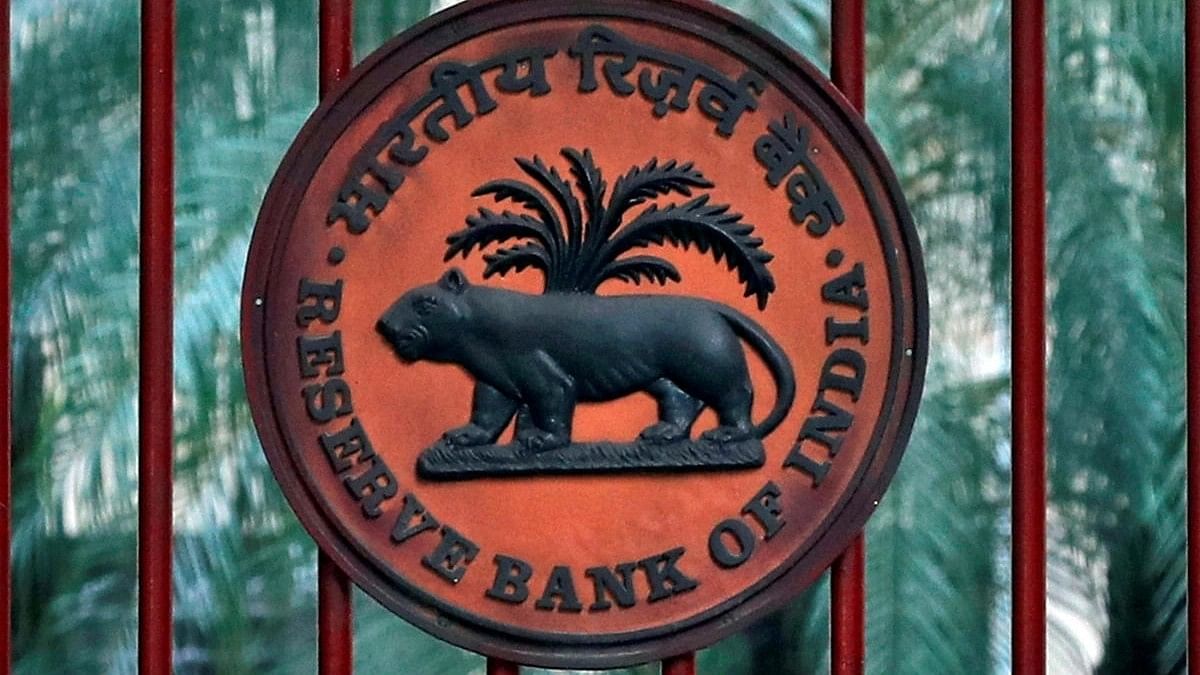
The Reserve Bank of India (RBI).
Credit: Reuters File Photo
The Reserve Bank of India has been frequently intervening in the non-deliverable forward (NDF) market to make sure that the rupee does not drop to a record low, four bankers told Reuters on Thursday.
The rupee was at 83.1525 to the US dollar as of 11:16 a.m. IST, not too far from its record low of 83.29 hit in October 2022. The currency has largely avoided the decline in its Asian peers.
"The RBI intervened on NDF in the morning (before local over-the-counter, OTC, markets opened) and it did the same yesterday," the head of treasury at a private sector bank said.
"The idea here, it seems, is to set the tone for the day and to let speculators know that they are there and are watching."
The banker said the RBI has been intervening in the NDF market via the BIS (Bank of International Settlements) and a large US-based bank.
NDFs are offshore dollar-settled currency derivatives used by investors with limited access to onshore markets to hedge their exposure or speculate.
The sources requested to not be named as they are not authorized to speak to the media. The RBI and BIS did not immediately reply to a Reuters email seeking comment.
"Several times we have been hit by the BIS (on the trading system). At times, we see (Indian) public sector bank names," the head of proprietary trading at a foreign bank said.
The RBI's intervention, he further noted, was not limited to the Asia session.
"During the New York session, if there is a sense of the USD/INR pushing higher, the RBI steps in."
During the US trading hours on Wednesday, the 1-month USD/INR NDF rose to 83.44 -- following the robust US- services data -- which implies a spot rate of around 83.35.
By the time local OTC markets opened on Thursday, the contract had retreated to 83.20 and the spot opened at 83.12.
Apart from NDF, the central bank has been likely supplying dollars via public sector banks in the local OTC market, traders said.